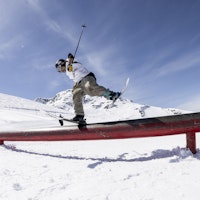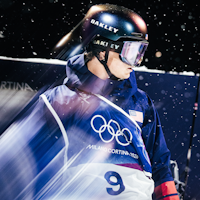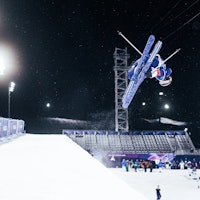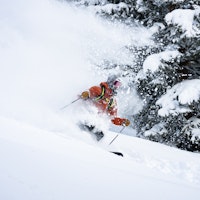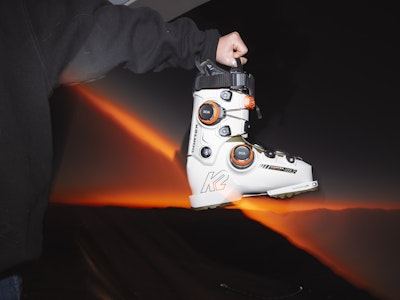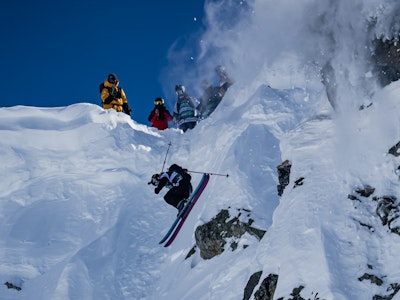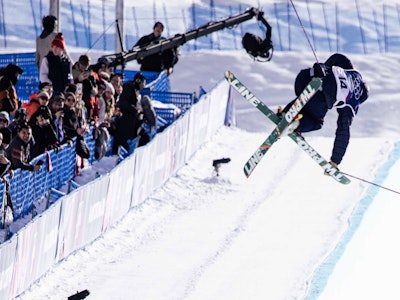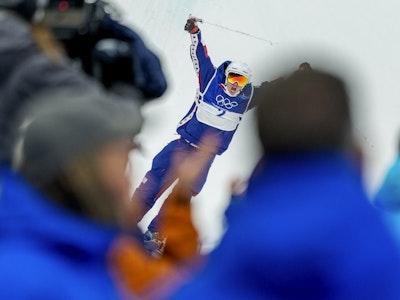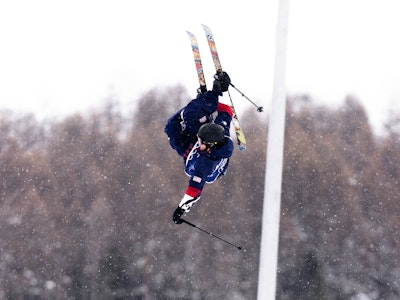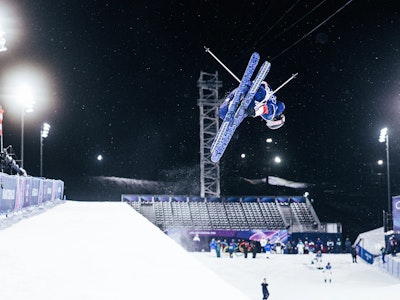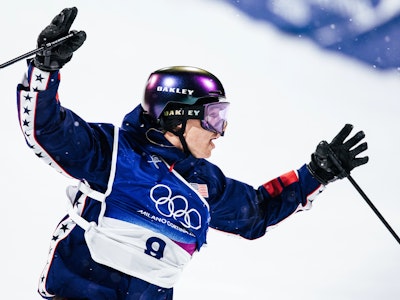Earlier today the International Olympic Committee Executive Board approved the inclusion of men's and women's halfpipe skiing (among other events) into the 2014 Winter Games in Sochi, Russia. While many believed the fruits of their labor would be seen in October during the IOC Exec Board meeting in Aculpoco, Mexico, the IOC decided to put the decision on hold pending observation of events like the FIS World Championships in Park City, UT, in February.
The decision came during an Executive Board meeting for the IOC who is meeting in London, England. Decisions on ski slopestyle's inclusion to the Games has been put on hold. A later date for inclusion may be made, pending a site inspection by the IOC to Sochi on April 23rd.
While within the ski industry the positives and negatives of being included in the Winter Games were well known, the IOC analyzed the sport over the past year and made a decision based on the fact that the sport would "increase universality, gender equity and youth appeal, and, in general, add value to the Games. Other considerations included the cost of infrastructure, and the impact on the overall quota and the number of events."
This morning's decision is validation to a number of parties who have fought tooth and nail for years to get the sport of ski halfpipe into the Winter Games. "For the athletes it means the opportunity to join into an event they've watched happen the last few Olympics," says Canadian Halfpipe Coach and former Olympian Trennon Paynter. "In many ways it's the biggest halfpipe competition in the world. For all the skiers and coaches who devote their time, it's something we've all wanted to do and we couldn't be happier to get the chance."
Simon Dumont, the winningest halfpipe skier in the world, had this to add: “I feel that I've accomplished a lot in my career, having won European Open, X Games, Gravity Games, etc. It has always been a dream to compete for Olympic gold. This is definitely a big day for freeskiing.”
Now that the big unknown has been answered, the focus will shift from "whether the sport will be approved" to "how are we going to make this happen." One key concern will be how many budding national teams will select individual teams. With the sport of organized halfpipe competition being relatively young, the question of who will represent countries in subsequent World Championships and the Games themselves comes into play. To help fill that gap, the Association of Freeskiing Professionals has been immensely vital. "The way the AFP has already worked, in particular with USSA and other national governing bodies shows the value that [they] have," says AFP Co-Founder Michael Spencer. "They've all suggested and put into their criteria that the AFP ranking will be used as a way to pick their national teams. That already tells us that they are willing to work with us."
The next big question is: What will this do to our beloved sport of freeskiing? Will overbearing governing bodies ruin the concept of progression? Or will this spark a whole new evolution of progression? We will continue to follow the story and update you with more insights and in-depth analysis.
